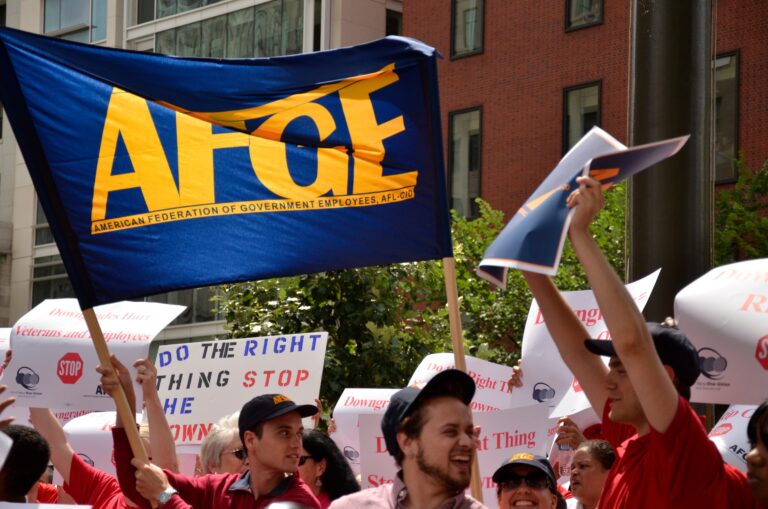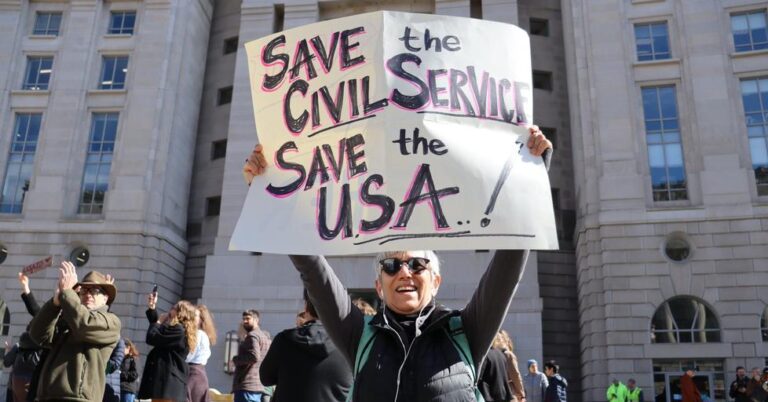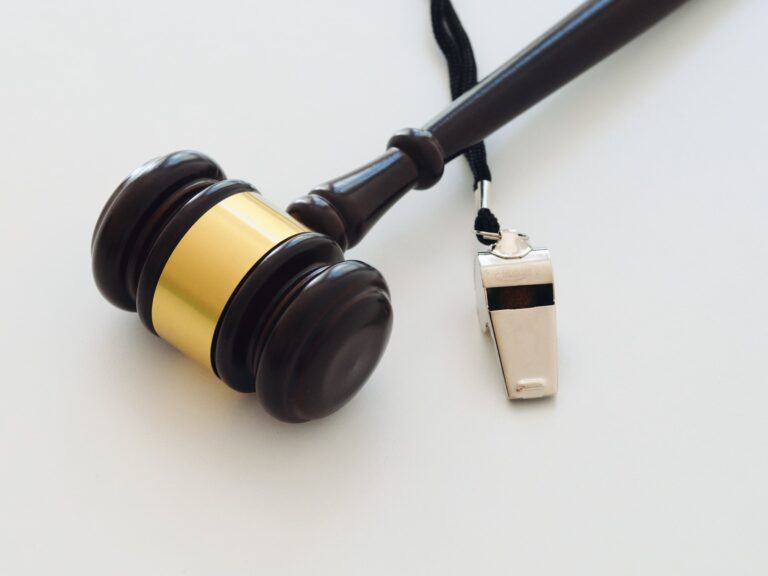A class-action lawsuit brought on behalf of 90,000 au pairs alleges that 15 private agencies violated antitrust laws by conspiring to keep wages low for young foreigners who came to America on a controversial “cultural exchange” visa. The suit, brought by Towards Justice, a Denver workers-rights organization, states that the agencies defrauded the au pairs by falsely telling them the government had set a maximum wage. Many labor-rights advocates have said that the the visa program on which many au pairs come to the U.S., the J-1 visa, allows for exploitation of vulnerable workers and depression of wages.
As the government shutdown enters its third week, a senior Labor Department official sent an email asking designated “essential staff” – who are still receiving paychecks – to consider donating a portion of their salary to government workers who are furloughed. The move comes as President Trump and Congressional Democrats appear to be at an impasse regarding talks to reopen the government.
For the first time, a French appeals court has ruled that Uber drivers are employees entitled to minimum wage other protections. The court reasoned that because drivers depend on Uber for work and can be deactivated for refusing passengers, Uber exercised a type of control analogous to an employer. The ruling comes after similar rulings in California and the United Kingdom.
Tech giants Palantir and Oracle tried to prevent release of their diversity figures by arguing the numbers were trade secrets, but it turns out the companies have very little gender and racial diversity to speak of. The companies argued that competitors might try to “steal” diverse talent, but after the numbers were revealed it seems that Palantir is even less diverse than the notoriously white and male technology industry as a whole.
The Verge published a long article detailing how Amazon has amassed extraordinary and unrestrained power over the third-party sellers on its platform, Amazon Marketplace. Marketplace is responsible for twice as many sales as from items purchased directly from Amazon, and a growing number of sellers derive their livelihood from access to the platform. Of course this has led to abuse, with reports of rivals framing each other for violating Amazon policy and buying fake five-star reviews. One Amazon seller says he was more worried about a case being opened on Amazon than in actual court, where he would find procedural protections unavailable with the company.
U.S. Customs and Border Patrol is planning a pilot program to use facial-recognition technology at the Canadian border to expedite border inspections of long-haul trucks. The technology would take a photo of each trucker’s face and use an algorithm to compare it against a biometric data bank. If the pilot is successful, CBP says the technology could be rolled out at every Northern border crossing.







Daily News & Commentary
Start your day with our roundup of the latest labor developments. See all
December 8
Private payrolls fall; NYC Council overrides mayoral veto on pay data; workers sue Starbucks.
December 7
Philadelphia transit workers indicate that a strike is imminent; a federal judge temporarily blocks State Department layoffs; and Virginia lawmakers consider legislation to repeal the state’s “right to work” law.
December 5
Netflix set to acquire Warner Bros., Gen Z men are the most pro-union generation in history, and lawmakers introduce the “No Robot Bosses Act.”
December 4
Unionized journalists win arbitration concerning AI, Starbucks challenges two NLRB rulings in the Fifth Circuit, and Philadelphia transit workers resume contract negotiations.
December 3
The Trump administration seeks to appeal a federal judge’s order that protects the CBAs of employees within the federal workforce; the U.S. Department of Labor launches an initiative to investigate violations of the H-1B visa program; and a union files a petition to form a bargaining unit for employees at the Met.
December 2
Fourth Circuit rejects broad reading of NLRA’s managerial exception; OPM cancels reduced tuition program for federal employees; Starbucks will pay $39 million for violating New York City’s Fair Workweek law; Mamdani and Sanders join striking baristas outside a Brooklyn Starbucks.